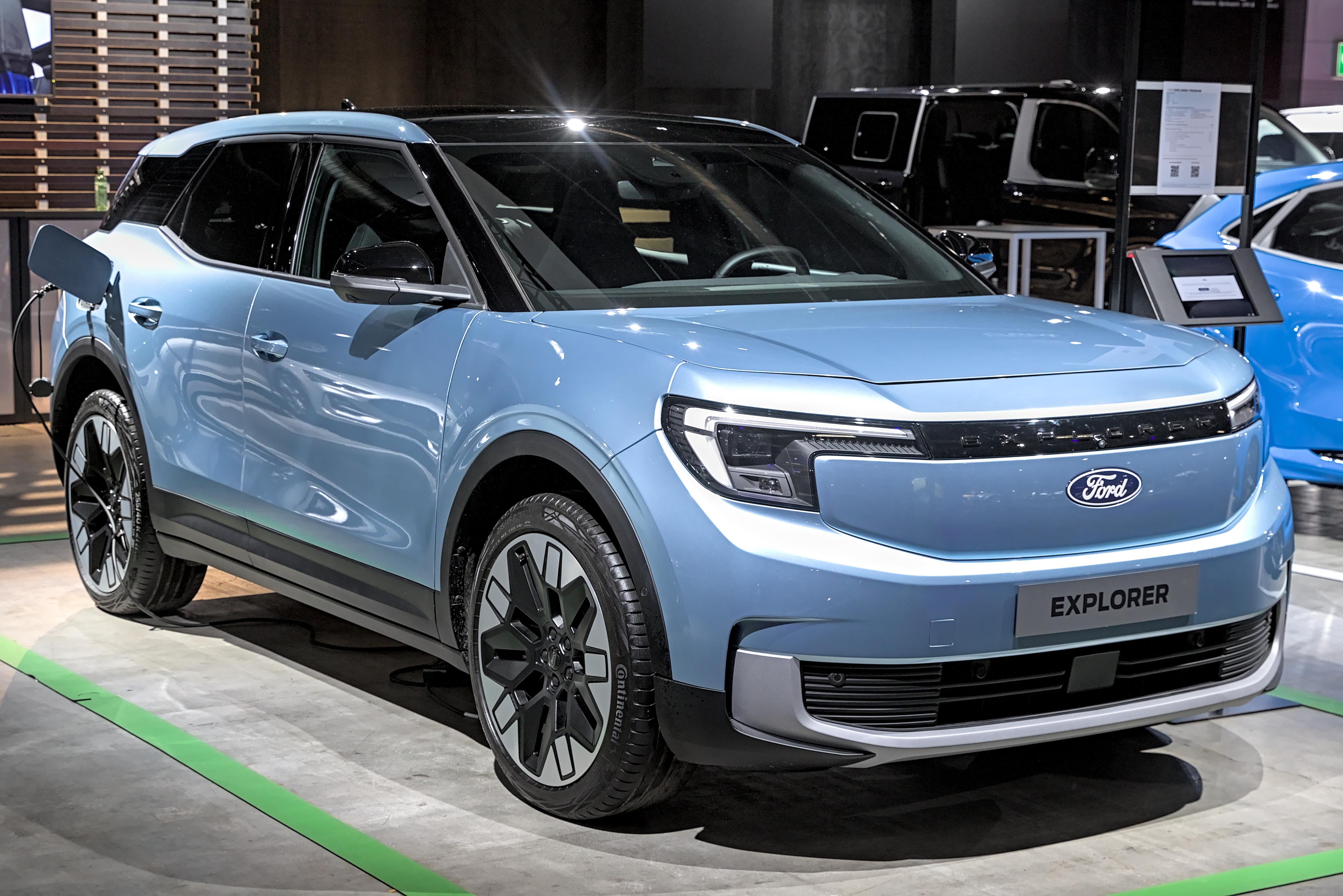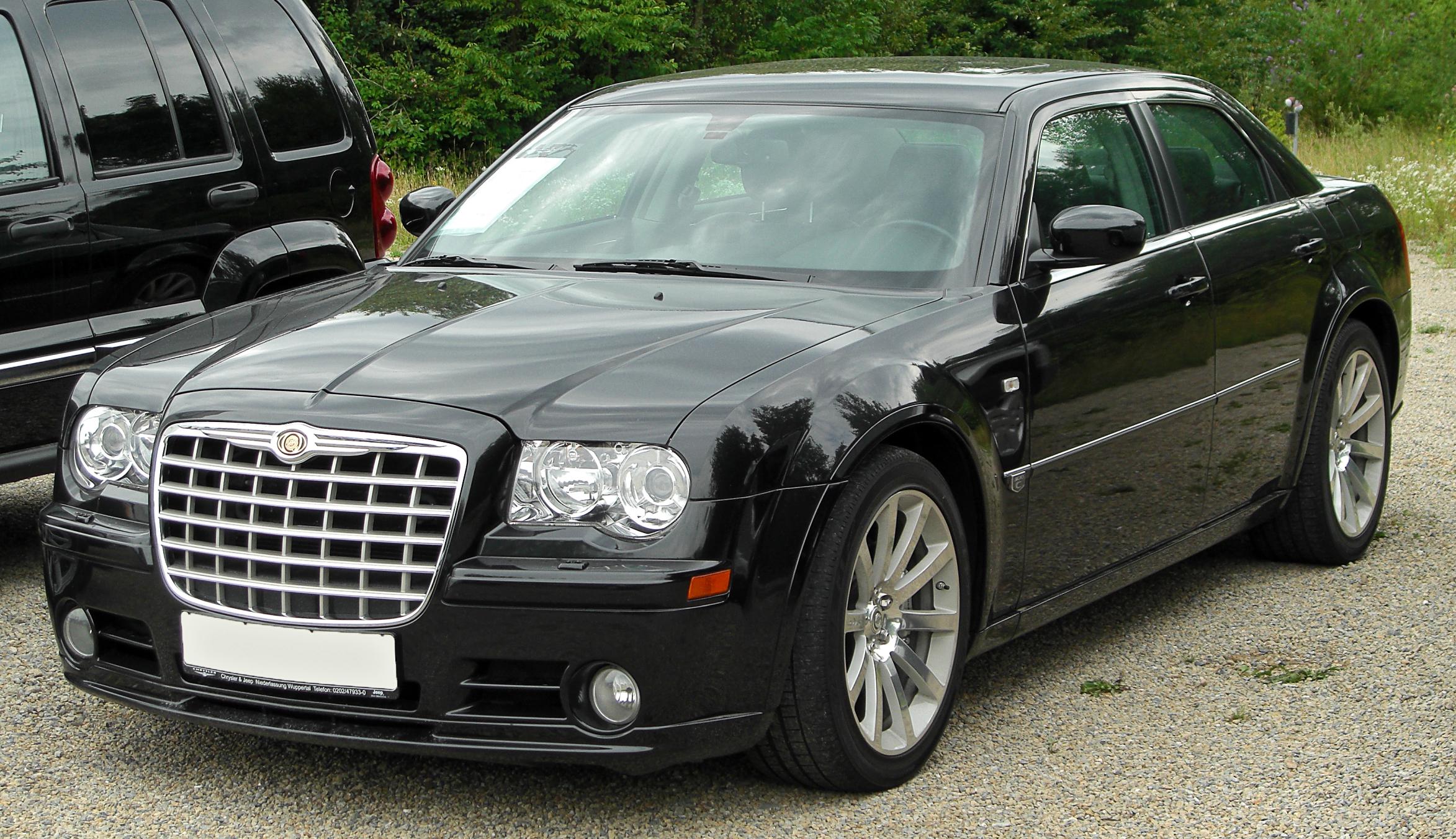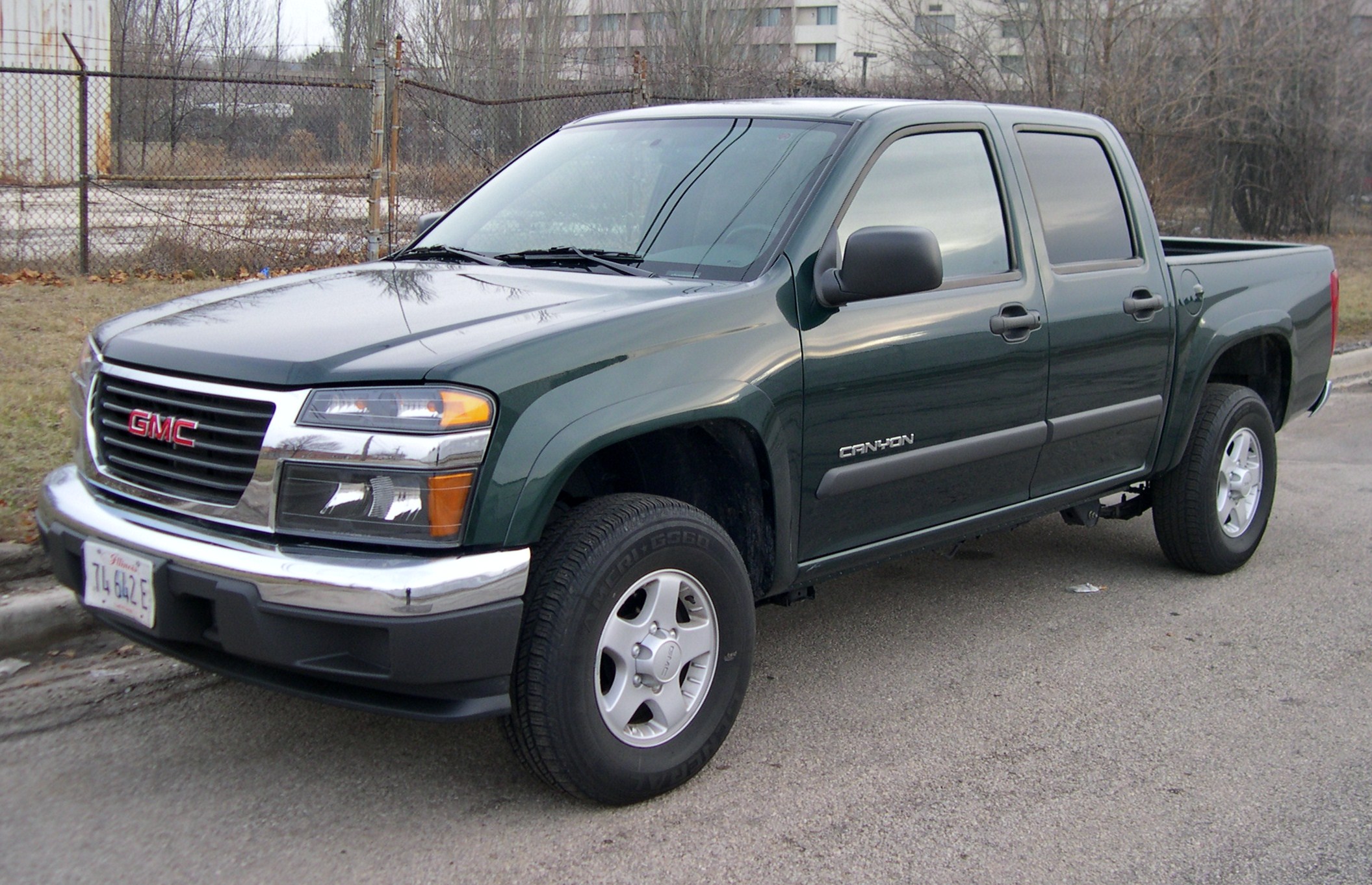
Owning a car comes with a host of expenses, and the decision to purchase one involves careful consideration of factors such as fuel efficiency, reliability, and ongoing maintenance costs; this is especially true when it comes to used cars, where the market can be overwhelming and not all vehicles meet the same standards. To assist potential buyers, Consumer Reports provides essential insights into used car reliability, empowering you to navigate the complexities of the used car marketplace with confidence.

1. **The Importance of Reliability Rankings**: Knowing the reliability ratings of a used car is vital for making a wise purchase, as Consumer Reports points out that focusing on brands and models known for their longevity can drastically reduce the likelihood of facing unexpected mechanical issues. Their groundbreaking brand ranking for used cars is compiled from reliability scores based on data from vehicles aged 5 to 10 years, offering a detailed perspective for those looking to buy.

2. **Consumer Reports’ Methodology**: To create the reliability rankings, Consumer Reports meticulously analyzed vehicle problems reported by customers between 2014 and 2019. With a sample size exceeding 150,000 vehicles, the study examined 20 potential trouble areas ranging from minor annoyances like squeaky brakes to critical failures such as transmission and battery issues. This thorough methodology ensures that the rankings reflect the experiences of real car owners, equipping prospective buyers with the information they need to avoid troublesome models.

3. **Evaluating Long-Term Reliability**: As noted by Steven Elek, a senior automotive data analyst at Consumer Reports, examining reliability over a span of five to ten years gives buyers a clearer understanding of what to expect from used vehicles. Problems may arise as cars age that weren’t evident when they were new, making it crucial to consider a model’s historical performance as a significant factor in your purchasing decision.

4. **Leading Brands in Reliability**: Lexus and Toyota stand out in reliability scores, earning 75 and 72, respectively, showcasing their commitment to conservative redesigns and steady improvements that bolster their reputation. Additionally, Mazda, Acura, and Honda shine with commendable scores, making them safe choices for anyone in the market for a dependable used car.

5. **The Worst Brands**: Conversely, the rankings highlight several brands that buyers should be wary of. Ram, Jeep, and Tesla were among the least reliable brands, with scores as low as 27. These brands have garnered a reputation for frequent issues, signaling potential headaches for future owners. Understanding which brands fall into this category can guide buyers away from costly mistakes.

6. **Consumer Reports and J.D. Power Insights**: While Consumer Reports provides one perspective on reliability, J.D. Power also plays a significant role in assessing vehicle dependability. Their annual Vehicle Dependability Study examines problems reported by original owners of three-year-old cars, offering an additional layer of insight into used car reliability. By consulting multiple sources, buyers can obtain a comprehensive understanding of which models and brands to avoid.

7. **Financial Considerations of Used Car Purchases**: The financial implications of buying a used car are substantial, especially given the average used car price has surged by 40.3% from 2019 to 2023. In New Jersey, for example, where the average price is about $33,936, understanding the reliability of a vehicle becomes essential to avoid unexpected repair and maintenance expenses, ultimately ensuring a better long-term value for your investment.

8. **The Safety Factor**: Beyond reliability, safety is another critical aspect to consider when purchasing a used vehicle. The Insurance Institute for Highway Safety (IIHS) provides ratings that help buyers identify safer cars. Models that do not meet the IIHS safety standards should be approached with caution, especially for families or individuals concerned about road safety.

9. **Importance of Testing and History Checks**: Even with rankings and recommendations, it’s essential to personally inspect any used car you consider buying. A vehicle’s history can reveal potential issues that are not apparent from ratings alone. Services like AutoCheck or Carfax can provide vital information regarding a vehicle’s past, ensuring that you do not purchase a car with hidden problems.

10. **The Consumer Reports Models to Avoid List**: Consumer Reports’ compilation of over 100 used car models to avoid provides a valuable reference for buyers. This list highlights models that received poor reliability ratings from owners, allowing you to steer clear of certain vehicles that are more likely to result in issues down the line.

Buying a used car can be a rewarding experience if approached with caution and informed decision-making. By paying close attention to reliability rankings, understanding the potential pitfalls, and conducting thorough checks, you increase your chances of finding a dependable vehicle that fits your needs and budget. Armed with the information provided by Consumer Reports and other sources, you can confidently navigate the used car market and avoid models that may cause you headaches in the future.

1. **Mercedes-Benz GLE**: The GLE may offer a luxurious ride, but its reliability is a significant concern. With more than 10 recent recalls and a dismal predicted reliability rating of 1/5, potential buyers should think twice. Common issues include electrical system failures and problematic infotainment controls, which could lead to frustrating experiences down the road.
2. **Fiat 500**: This charming little car dazzles with its looks, but the 2012, 2013, 2015, and 2019 models have drawn particular ire from owners. Reports of major issues such as clutch failures and brake problems reveal that while the Fiat 500 offers style, it comes with a hefty potential for costly repairs.

3. **Ford Explorer**: A family favorite, the Explorer seems alluring with its spacious interior. Unfortunately, the 2022 Consumer Reports indicate that it has been plagued by issues like transmission problems and excessive recalls, raising red flags for safety and reliability. The Explorer may not be the dependable SUV you hope for.

4. **Chrysler 300**: Although the Chrysler 300 offers a blend of elegance and comfort, it falls short in terms of modern technology and performance. Its outdated design and lack of advanced features may lead buyers to seek better alternatives that excel in both reliability and cutting-edge technology.

5. **Mini Cooper**: Known for its unique style, the Mini Cooper has its share of reliability issues, especially in the 2006 and 2012 models. Problems involving the engine and electrical systems have plagued this vehicle, making it a riskier buy for those seeking long-term dependability.

6. **Cadillac Escalade**: The iconic Escalade’s 2015 and 2016 models have received poor feedback due to transmission and powertrain issues. Owners have reported low-quality paint and finish as well, which diminishes the allure of this luxury SUV. A careful examination of reliability ratings is essential before considering this vehicle.

7. **Audi Q7**: Despite Audi’s luxury reputation, the Q7 has been flagged for significant reliability concerns, especially in the 2015 model, where engine failures and fuel system leaks have raised red flags among owners. It’s advisable to steer clear of these particular years to avoid the pitfalls of unreliable luxury vehicles.

8. **Ford Fiesta**: The Fiesta may have its charms, but the 2011-2014 models are notorious for their reliability woes. Many owners report transmission issues that can leave you stranded. The 2013 model is particularly problematic, making potential buyers wary of committing to this subcompact car.
9. **Dodge Journey**: This midsize SUV may be tempting due to its low price point, but models from 2009, 2012, 2015, and 2019 have drawn significant concern regarding engine and suspension issues. It’s essential to evaluate these models closely before making a purchase decision.

10. **BMW X5**: While many BMWs are synonymous with performance, the X5 has had notable reliability issues, especially in 2011 and 2012 models. Problems with the climate control system and fuel system defects could lead to frustrating driving experiences, making it wise to steer clear of these years.

11. **Jaguar X-Type**: The allure of luxury can sometimes blind buyers from underlying issues. The 2001 and 2008 Jaguar X-Type models are notorious for transmission breakdowns, cooling system failures, and other significant mechanical problems. It’s wise to skip these models for a more reliable option.

12. **GMC Canyon**: While many GMC vehicles are solid, the 2008 and 2015 Canyon models have raised concerns due to electrical issues and problematic transmission systems. Buyers should approach these models with caution and consider more dependable alternatives.

13. **Volkswagen Jetta**: Once a popular choice, the Jetta has lost its reliability appeal since 2010, with notable complaints regarding audio systems and overall quality. The 2014 through 2016 models are particularly troublesome, prompting buyers to think twice before purchasing this compact car.

14. **Mini Countryman**: While the Mini Countryman boasts style, it has unfortunately underperformed in reliability ratings, particularly in models from 2007 to 2011 and the 2015 version, which have experienced engine and cooling system issues, leading to potential frustration for drivers on the road.

15. **Chevrolet Traverse**: The Chevrolet Traverse, particularly the models from 2009, 2010, 2011, and 2013, has received low performance ratings due to issues with suspension and airbag reliability. Buyers should approach this midsize SUV with caution, as the potential for costly repairs looms large.

16. **Dodge Challenger**: The Challenger is known for its imposing style, but the 2015 models are particularly disappointing in terms of reliability. Issues with body paint, finish quality, and power equipment might overshadow its aesthetic appeal, leading buyers to consider alternatives.

As you embark on your journey to find the perfect used car, keep in mind that knowledge is truly empowering. By steering clear of these problematic brands and models, you can significantly increase your chances of securing a reliable used vehicle that meets your performance expectations. Conducting thorough research, making detailed comparisons, and performing careful inspections will not only inform your purchasing decisions but will also help you discover a used car that aligns with your needs and minimizes the risk of unpleasant surprises down the road.
Related posts:
These are the most reliable used cars on the market, report says
What Used Cars To Avoid Buying?
“You May Spend So Much Repairing These Cars That You Could Have Bought a Newer Model” – Used Cars to Avoid Warns Consumer Reports





